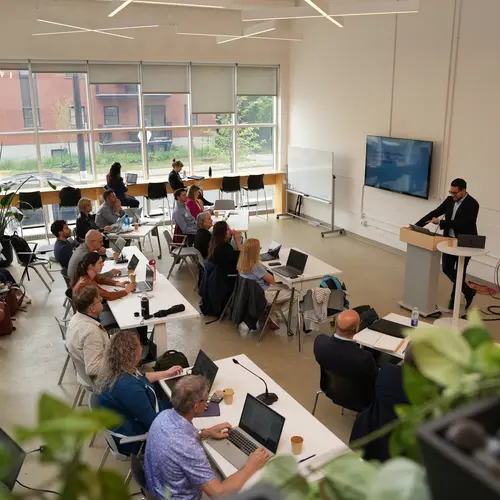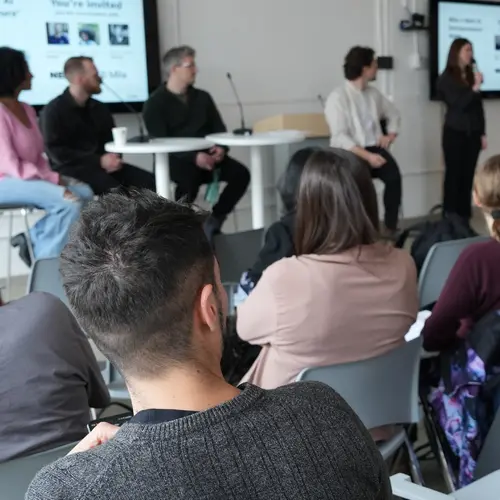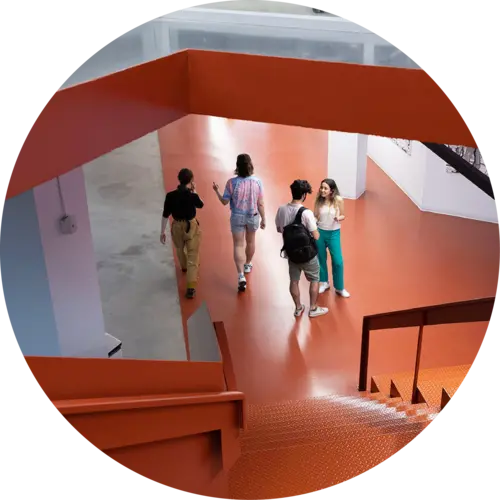
Maxime Gasse
Biography
I am a senior research scientist at ServiceNow in Montréal, where I do research at the intersection of causal inference and reinforcement learning. I am an adjunct professor at Polytechnique Montréal (courtesy appointment) and an associate industry member of Mila – Quebec Artificial Intelligence Institute.
I am fascinated by the question of AI: can we build machines that think? I humbly believe that our attempts at designing thinking machines can be a path towards a fundamental understanding of intelligence and of ourselves. Currently, I am interested in questioning if and how ideas from the field of causality can help in the design of autonomous learning agents.



